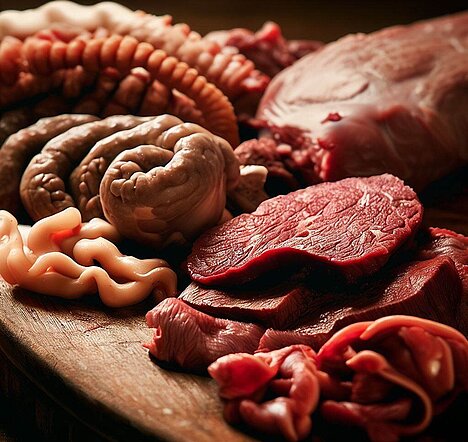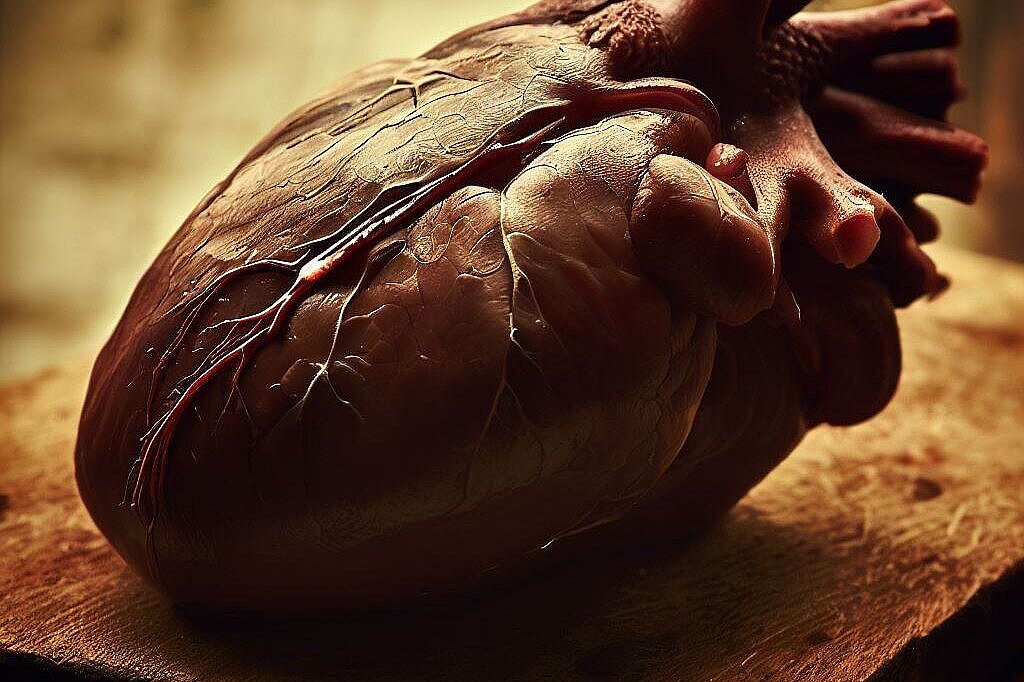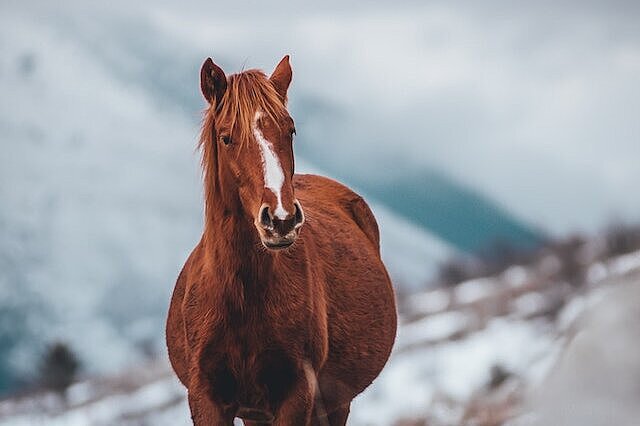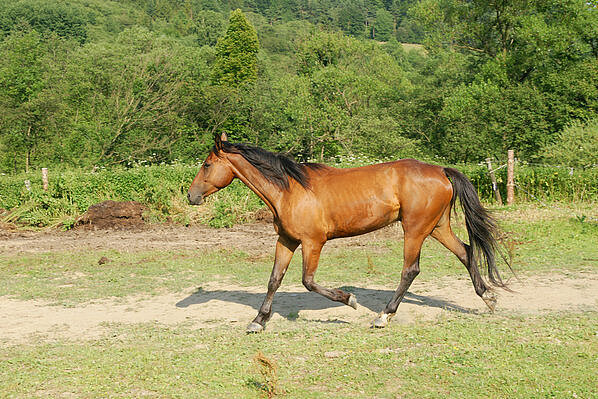Horse giblets

What are horse offal?
Horse offal is the innards of horses, i.e. organs such as the heart, liver, kidneys, lungs, spleen or stomach. They contain many valuable nutrients such as protein, iron, vitamin A, B vitamins and trace elements. Horse offal is therefore a good addition to muscle meat and bones in a dog's diet.
Benefits of horse offal for dogs
Horse giblets have several benefits for dogs that you should be aware of:
- Horse offal is hypoallergenic, meaning it rarely causes allergies or intolerances. This is because horsemeat is one of the so-called exotic meats that dogs don't eat as often and are therefore less sensitized to. So if your dog reacts to other types of meat such as beef or chicken, horsemeat offal can be a good alternative.
- Horse offal is low in fat and calories. This is particularly important for overweight or older dogs who need to watch their figure. Horse giblets provide a lot of protein with little fat and thus help to maintain muscle mass and regulate weight.
- Horse giblets are tasty and varied. Most dogs love the smell and taste of horse offal and are happy to have this variety in their bowl. You can also combine or vary different offal to give your dog a balanced diet.
Disadvantages of horse offal for dogs
However, horse offal also has some disadvantages for dogs that you should not ignore:
- Horse offal is not always easy to get hold of. As horse meat is not as common in Germany as other types of meat, you may not always be able to find fresh or frozen horse offal in your supermarket or butcher. You may therefore have to order online or use other sources.
- Horse offal is not always perfectly hygienic. As offal is very sensitive and can spoil quickly, you need to ensure a good cold chain and high quality. Make sure that the offal looks and smells fresh and has no discoloration or mucous membranes. You should also wash or boil the offal thoroughly before feeding to kill any germs or parasites.
- Horse offal is not always well tolerated. Although horsemeat rarely causes allergies, your dog may not tolerate or digest some offal well. This can lead to diarrhea, flatulence or vomiting. To avoid this, you should introduce the offal slowly and observe your dog's reaction. You should also not feed your dog too much offal, as this can lead to an oversupply of certain nutrients.
If you notice any signs of hypersensitivity or poisoning in your dog, you should see your vet immediately. We are not a substitute for a vet, but we try to be as accurate as possible. Every dog reacts differently and we recommend you get a second opinion or consult your vet if in doubt.
Stay healthy and take good care of your four-legged friend!😊
Similar to Horse giblets
Horse hearts are the heart muscles of horses that are kept for slaughter. They are rich in protein, iron and vitamin B12 and are high in taurine, an amino acid that is important for heart health....
Horse liver is the liver of horses that are bred for slaughter. It belongs to the offal category, which is often regarded as a by-product of the meat industry. However, offal is very rich in...
Horse lung is an organ that is used for breathing. It belongs to the so-called offal or offal by-products that are produced when animals are slaughtered. Horse lung is usually dried or cooked and...
What is a horse's stomach? Horse stomach is the stomach wall of the horse, which consists of muscle meat. The horse's stomach has a high digestive capacity and can also break down vegetable fibers....



